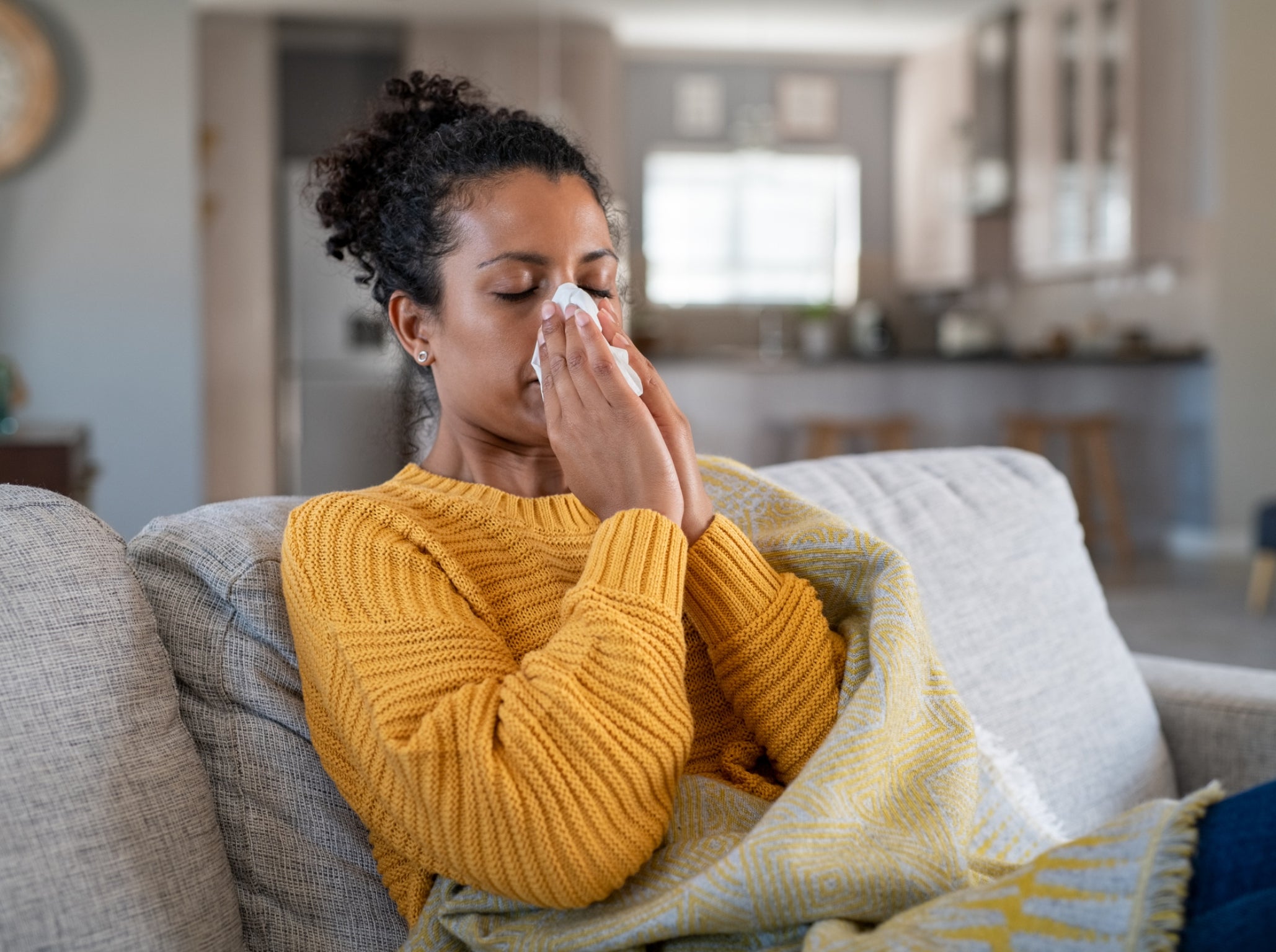Zinc supplements could help to fight off cold and flu, study finds
Researchers found that people who took zinc saw cold-like symptoms clear up two days earlier on average

Taking zinc supplements could help to stave off symptoms of cold and flu, new research has found.
The research, published in British Medical Journal’s open-access publication, BMJ Open, said that zinc can help fight common symptoms of respiratory tract infections (RTIs) like congestion, coughing and a sore throat as well as shorten the length of the illness.
“In adult populations unlikely to be zinc deficient, there was some evidence suggesting zinc might prevent RTI symptoms and shorten duration,” the study determined.
It continued: “When used for treatment, zinc was found to shorten the duration of symptoms and reduce day three symptomatic severity, but not overall daily symptom severity.”
The review, conducted by researchers at Western Sydney University, looked at 28 clinical trials involving 5,446 adults and found that taking zinc as an oral supplement or nasal spray could help people with RTIs.
It found that, on average, people taking zinc supplements saw RTI symptoms clear up two days earlier than those who took a placebo.
It added that nearly a fifth (19 per cent) of adults were likely to continue to have cold and flu symptoms seven days after the illness started if they didn’t take zinc.
Researchers said that zinc was “a viable ‘natural’ alternative” for managing respiratory illnesses at home but also said that some doses from the studies were “unclear”.
“The marginal benefits, strain specificity, drug resistance and potential risks of other over-the-counter and prescription medications makes zinc a viable ‘natural’ alternative,” the researchers said.
They added that zinc “provides clinicians with a management option for patients who are desperate for faster recovery times and might be seeking an unnecessary antibiotic prescription.”
The review looked at studies which were published in 17 English and Chinese research databases dating up to August 2020, and noted that none of the trials looked at the use of zinc as prevention against Covid-19.
According to the NHS, zinc helps the body with making new cells and enzymes, wound healing and processing carbohydrates, fat and protein in food.
It recommends that men aged 19 to 64 aim to have 9.5mg of zinc a day and women have 7mg a day - and that you should be able to get all the zinc you need from your daily diet.
Foods high in zinc include meat, shellfish, dairy products like cheese, bread and some wheat-based cereal products.
The NHS warns that taking too much zinc “reduces the amount of copper the body can absorb. This can lead to anaemia and weakening of the bones.”
The Department of Health and Social Care added: “You should be able to get all the zinc you need by eating a varied and balanced diet. If you take zinc supplements, do not take too much as this could be harmful.
“Do not take more than 25mg of zinc supplements a day unless advised to by a doctor.”
Join our commenting forum
Join thought-provoking conversations, follow other Independent readers and see their replies
Comments
Bookmark popover
Removed from bookmarks